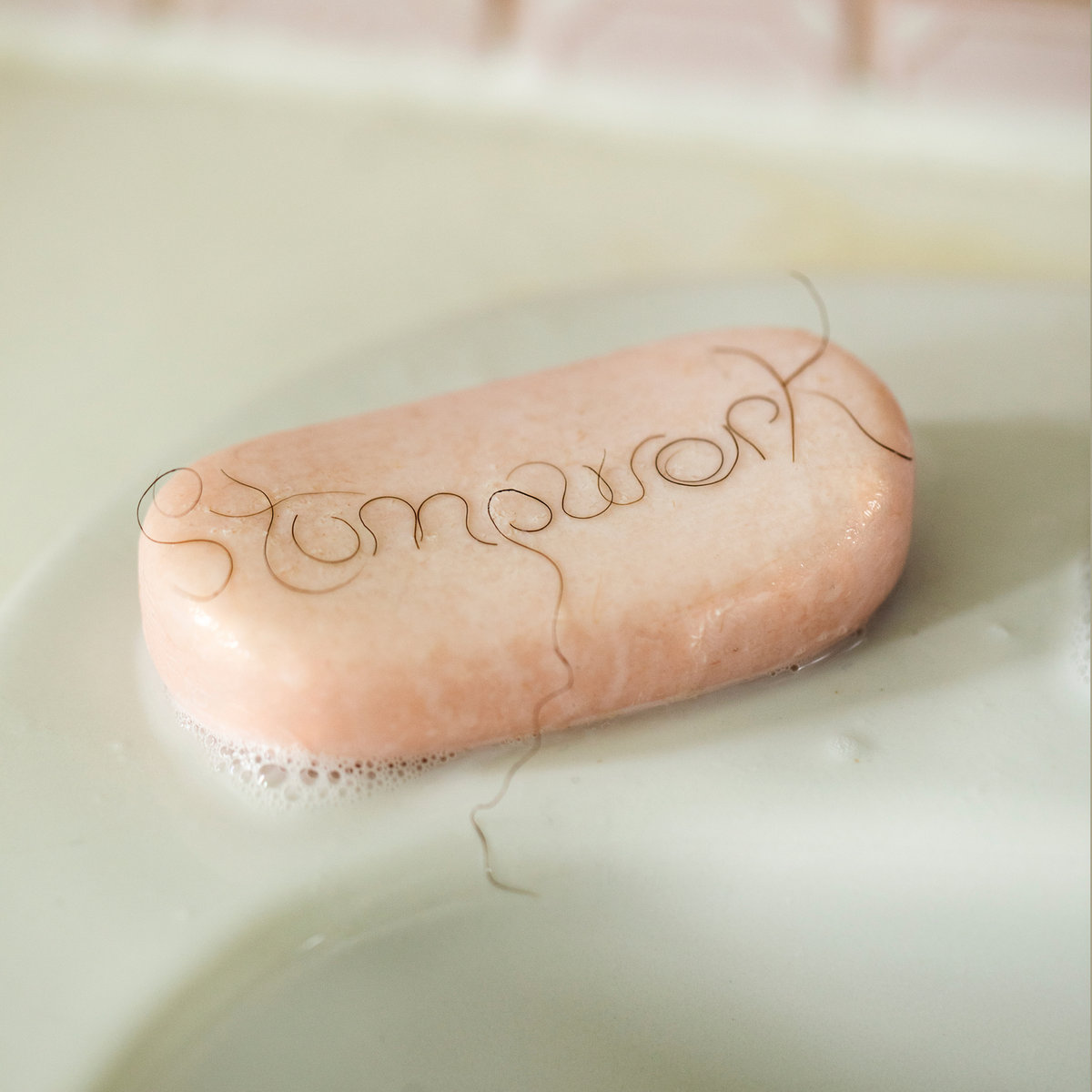Dry Cleaning
Stumpwork
4AD
ABOVE THE CURRENT
Dry Cleaning’s new record Stumpwork was partly created in a period of grief as bassist Lewis Maynard’s mother passed away during its recording. She was a supporter of the band from the very beginning, opening up her home when the quartet rehearsed in the early days. Maynard’s mother passed away a week before New Long Leg’s April 2021 release, so she was thankfully able to see the rock quartet begin to amass hype and collect piles of critical acclaim. In comparison to that debut, Stumpwork is a more layered and preternatural album influenced by individual memories and sociopolitical specters. It’s a release that snaps the group’s post-punk mold (brittle as it was) into digestible moments of alt-rock, punk blues, and classic sophomore album experimentalism.
Producer John Parish recorded the album at Bristol’s Factory Studios, where guitarist Tom Dowse, drummer Nick Buxton, vocalist Florence Shaw, and bassist Maynard welcomed spare and vital sounds like eddying waves around their feet. “Should I propose friendship?” sings Shaw in an austere haze of detachment befitting a sardonic, British version of The Good Place’s Janet asking someone to enter her Void. Within the boundless, barren nothingness of Stumpwork, there’s some emotional resonance to extract from the crumpled laundry list of Shaw’s dead-eyed lyrics and her band’s spartan production. The songs are often rich with fun whistles and bass parts, as heard on “Don’t Press Me” and “Hot Penny Day.” Even a kazoo, dog barks, and bird calls are listed in the credits.
Shaw tosses out her lyrics like wet confetti in that space, with certain lines lodging in your ear throughout (“Well things are shit but they’re gonna be OK”; “I see male violence everywhere”; “Come here, you little party hat, let me squeeze you”). You often approach a Dry Cleaning song like a David Lynch film—the mise en scène is less important than the color, number, and tone riddles that rise up along the way.
The title of the album is a curious one in that regard: The term “stumpwork” refers to a style of embroidery where the stitched figures are raised from the surface of the work to form a three-dimensional effect. The fog of paranoia Shaw experienced after hearing about two murders of women in London during the recording sessions similarly sits above the record’s surface in her lyrics. The local news extensively covered these events, and the album weaves Shaw’s ruminations on loss, lust, masculinity, feminism, her mum, and separation from her partner during the pandemic into a cold musical quilt.
Shaw used to be a resuscitator of found lyrics, but here she exposes her wires with more improvisational winks. She extemporized many of her lyrics after a series of short treks around town during the recording sessions. A stray quote can be found from the artist Maggi Hambling on the title track, while another clip came from an old Macintosh computer virus on “Don’t Press Me.” Scraps of press cuttings from the library of archivist Edda Tasiemka are also sprinkled throughout the album. Beyond those sections, she owns her lyrical meanderings.
Loping, Pavement-style guitar work (“No Decent Shoes for Rain” and “Liberty Log”) spackles the release in a soapy white scum. A bouncy punk song about the family’s tortoise (“Gary Ashby”) is also an early high mark in this area. Stumpwork is a punk album that holds you across the middle and squeezes. The cleansing waters that rip through that bundle of trash and food of everyday life and reveal the musical stumpwork beyond its detritus will always be Florence Shaw.







